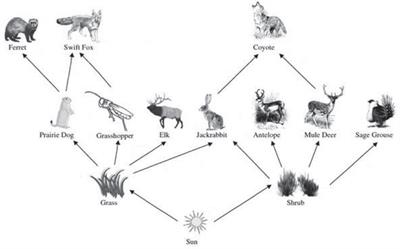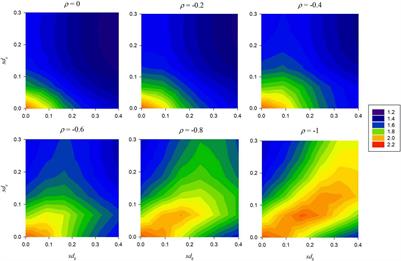EDITORIAL
Published on 20 Dec 2021
Editorial: Policies and Strategies for the Conservation of Metacommunities
doi 10.3389/fevo.2021.817530
- 975 views
4,195
Total downloads
24k
Total views and downloads
Select the journal/section where you want your idea to be submitted:
EDITORIAL
Published on 20 Dec 2021
ORIGINAL RESEARCH
Published on 25 Nov 2021

ORIGINAL RESEARCH
Published on 16 Nov 2021

ORIGINAL RESEARCH
Published on 14 Oct 2021

ORIGINAL RESEARCH
Published on 08 Sep 2021

ORIGINAL RESEARCH
Published on 06 Sep 2021

ORIGINAL RESEARCH
Published on 01 Sep 2021

ORIGINAL RESEARCH
Published on 03 Aug 2021

ORIGINAL RESEARCH
Published on 18 May 2021


Frontiers in Environmental Science
Conservation and Restoration EcologyOffline